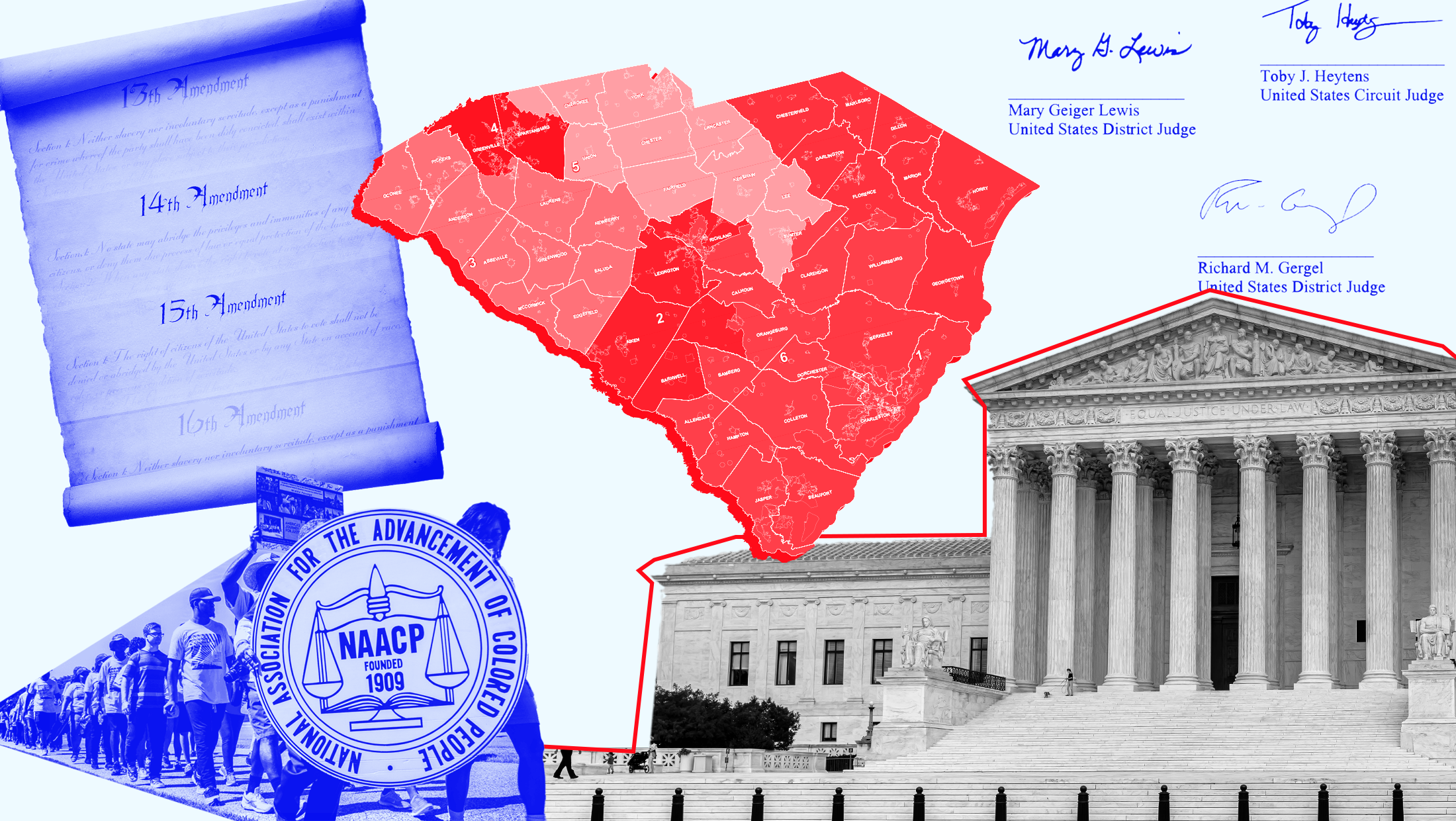New York Court Orders Redraw of Congressional Map. How Did We Get Here?
A state court ordered New York’s IRC to redraw its congressional map. New York’s highest court will likely have the final say.
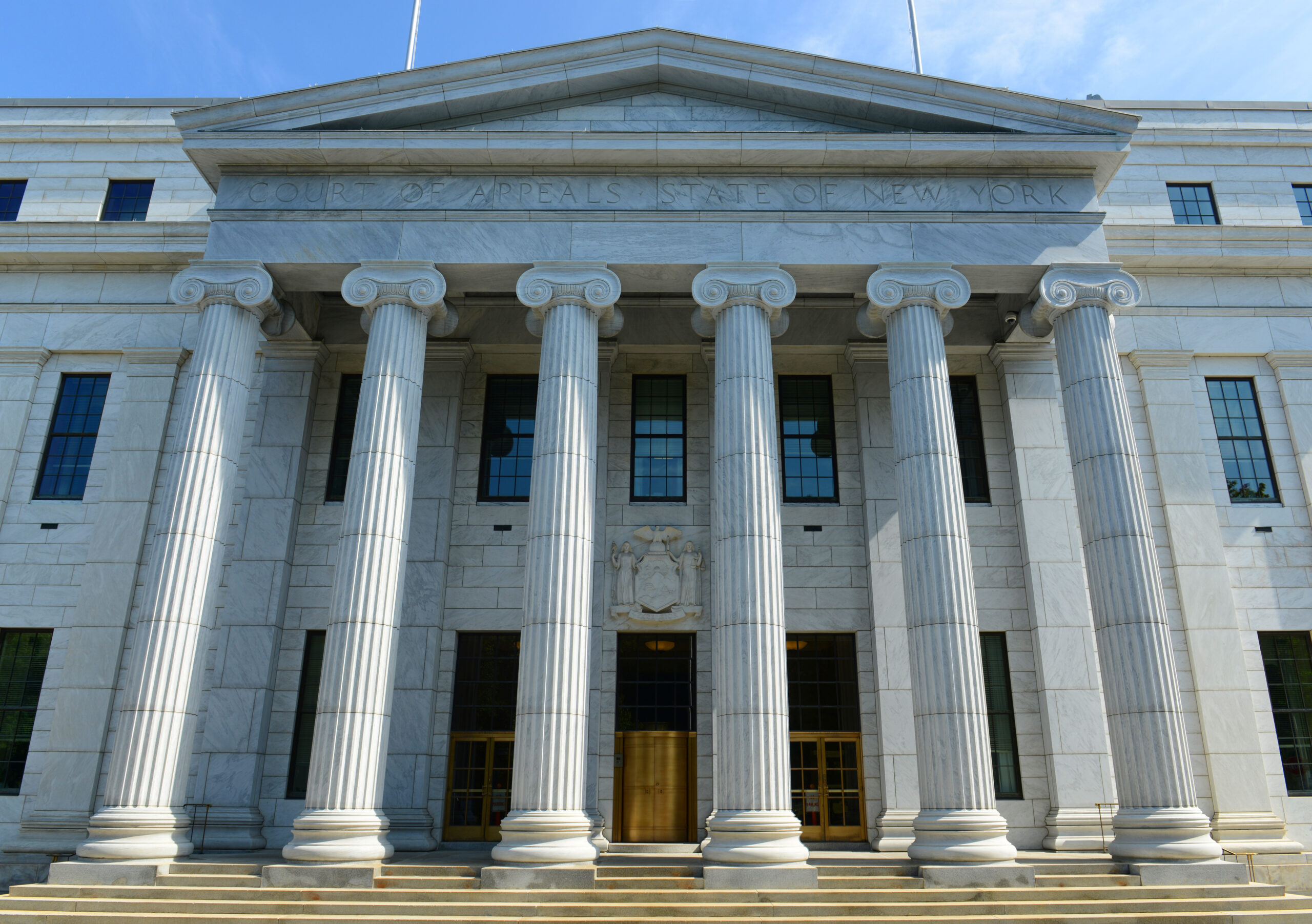
Read more to find out everything you need to know about democracy and voting rights from Democracy Docket’s desk. Use the drop-down menu to organize by topic.
A state court ordered New York’s IRC to redraw its congressional map. New York’s highest court will likely have the final say.

The U.S. Supreme Court’s 2022-23 term ended on June 30, with the release of the final opinions and the last order list. The term proved to be an important one for democracy, with two landmark voting rights cases and a slew of smaller decisions influencing our elections.
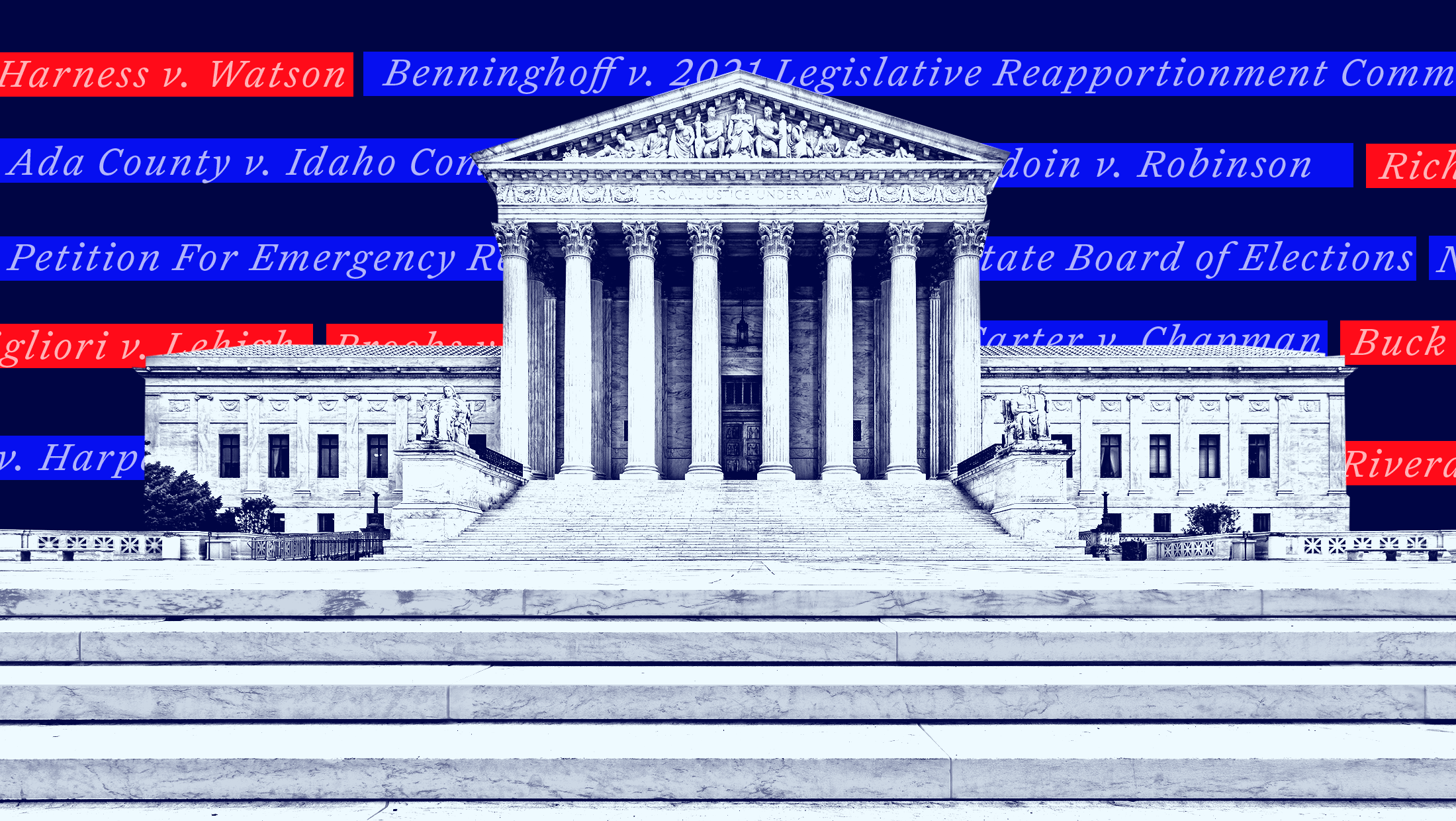
Some recent rulings by state courts demonstrate how they can use the gavel to advance — or hinder — voting rights in their respective states.
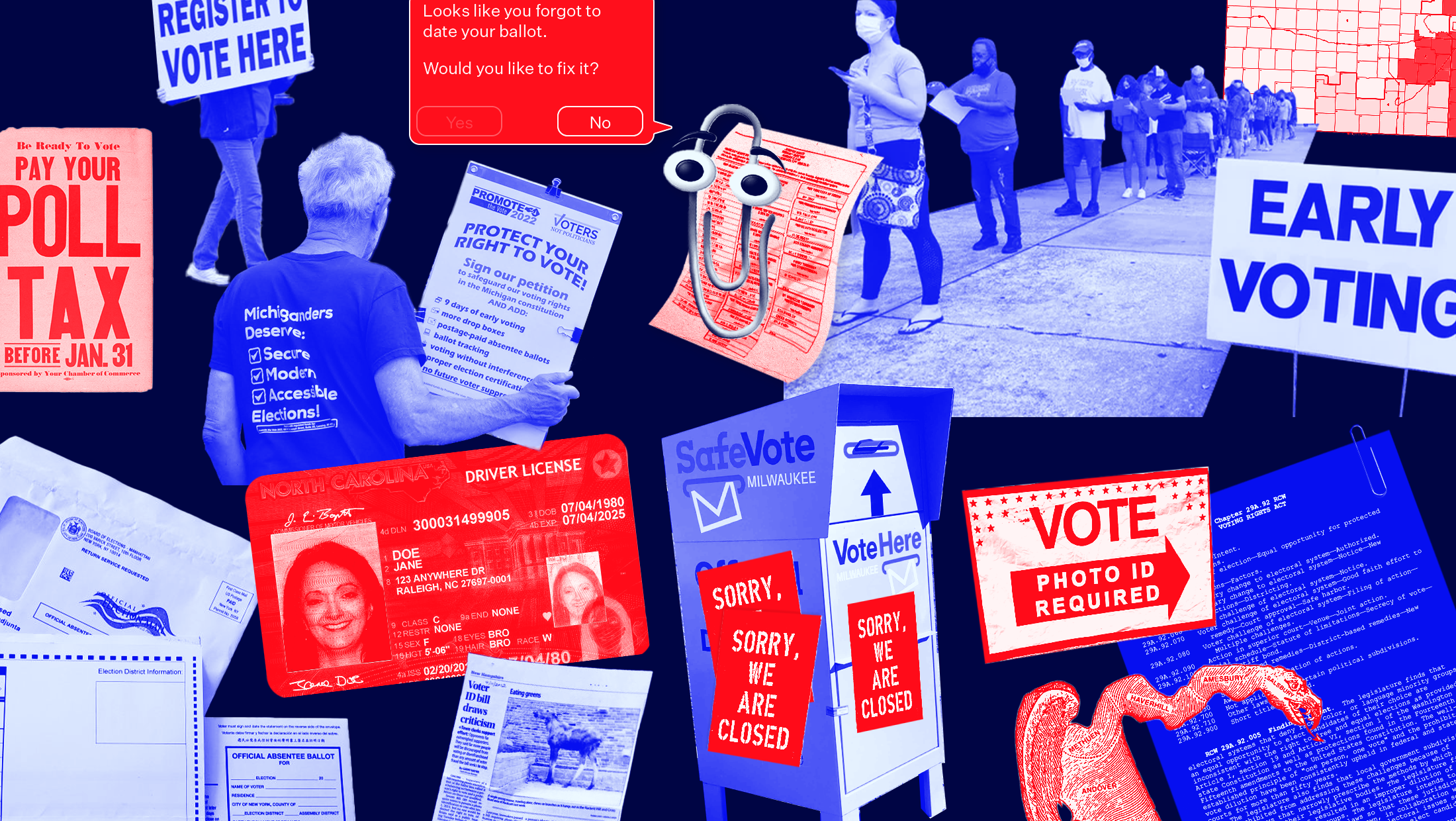
Today, the Court ruled that state legislatures aren’t free to draw congressional maps free from constraints. In doing so, the Court turned back a major threat to American democracy that could have upended elections across the country.
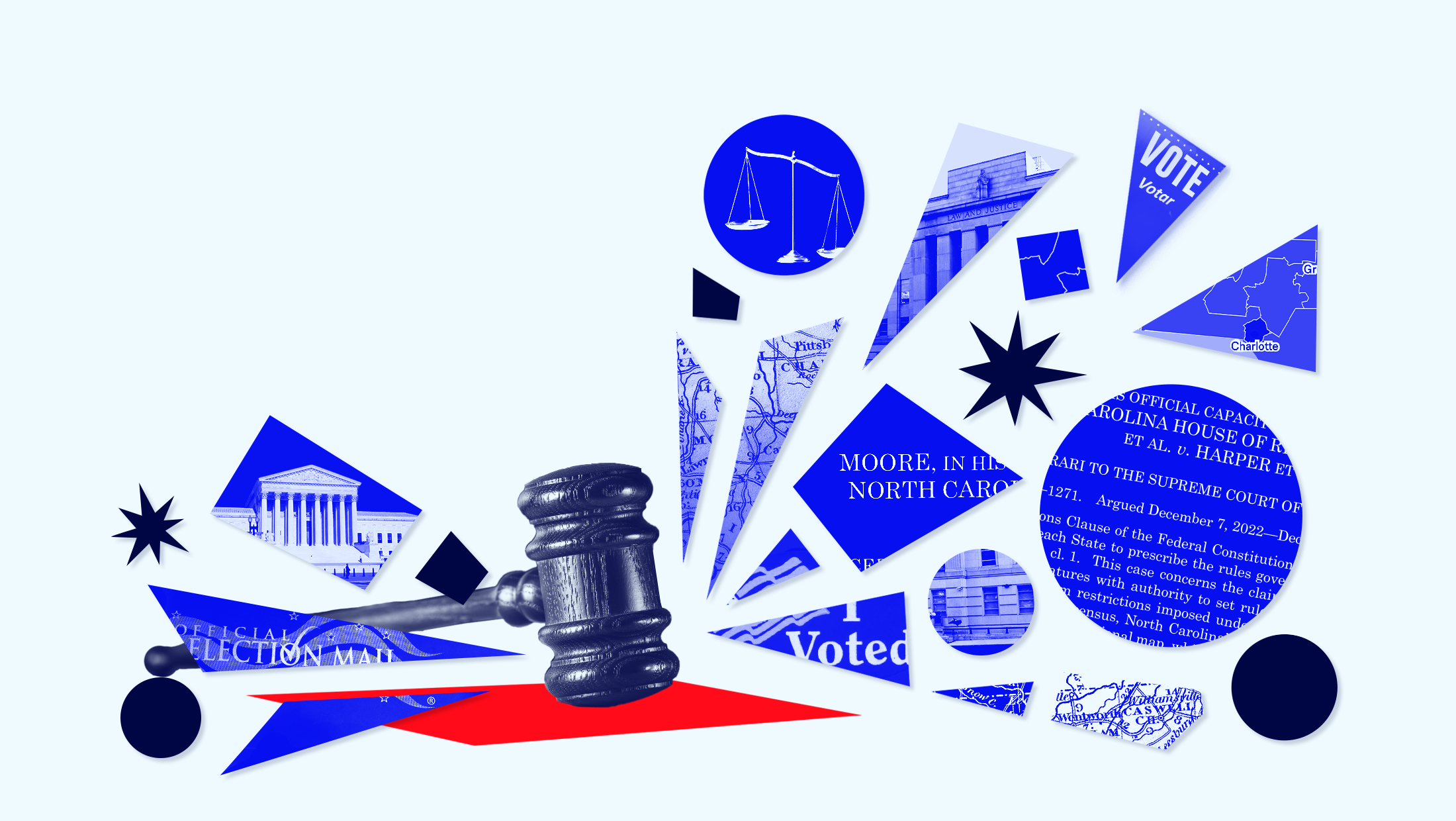
If the immediate hours and months after Shelby County v. Holder (2013) brought a litany of suppressive measures, what happened in the decade since? In North Carolina, Republicans have spent the last 10 years making it harder to vote.
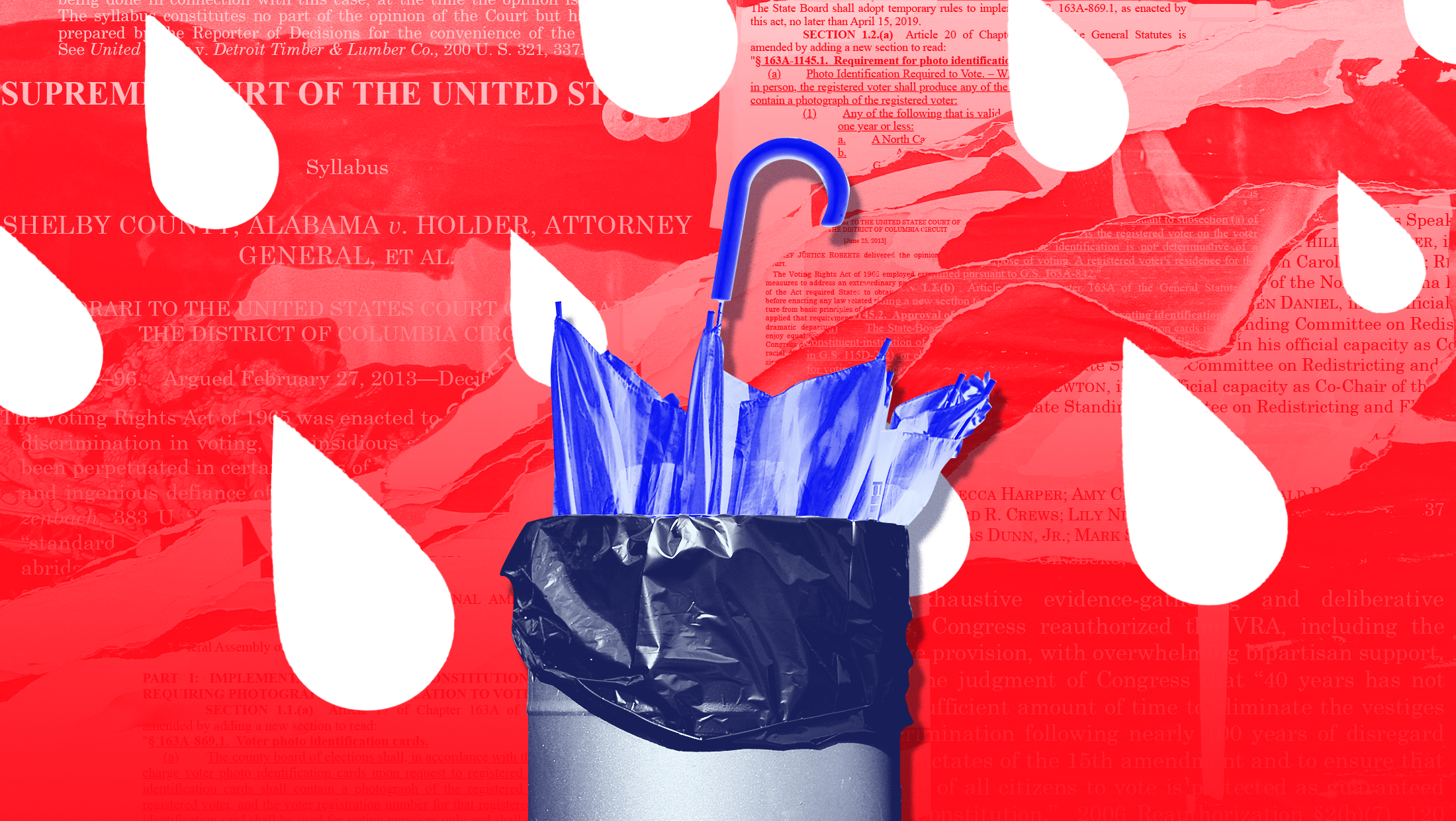
The U.S. Supreme Court will hear a South Carolina racial gerrymandering case next term. Trial testimony reveals intentional weakening of Black voting strength, an opaque redistricting process and a culture of unresponsiveness.
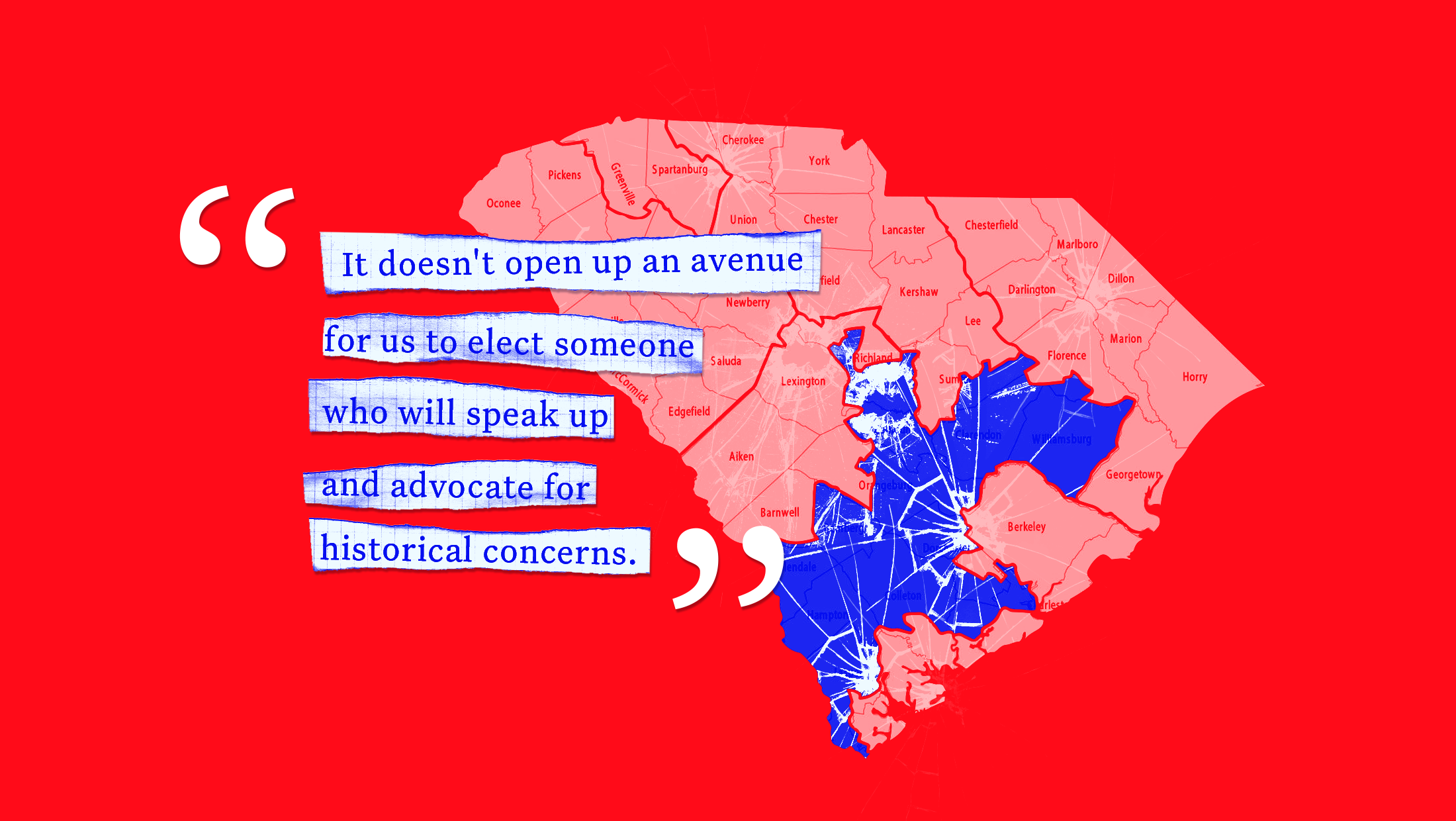
The U.S. Supreme Court’s landmark decision in Allen v. Milligan will have a reverberating impact on active litigation involving Section 2 claims across 10 different states.
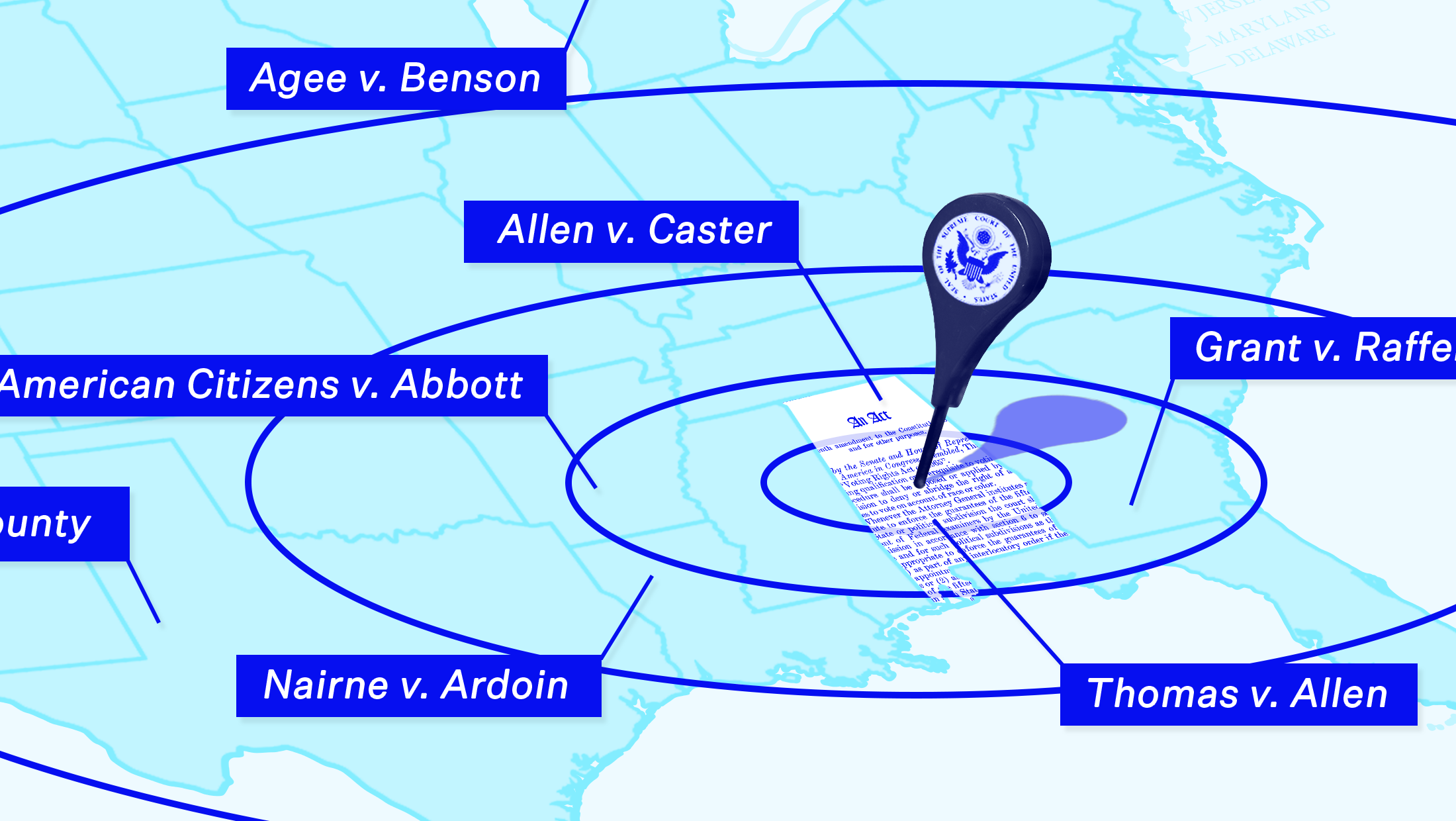
The majority upheld Section 2 of the Voting Rights and its current application, a victory for voting rights and for Black Alabamians who will have the opportunity to elect the candidates of their choice.
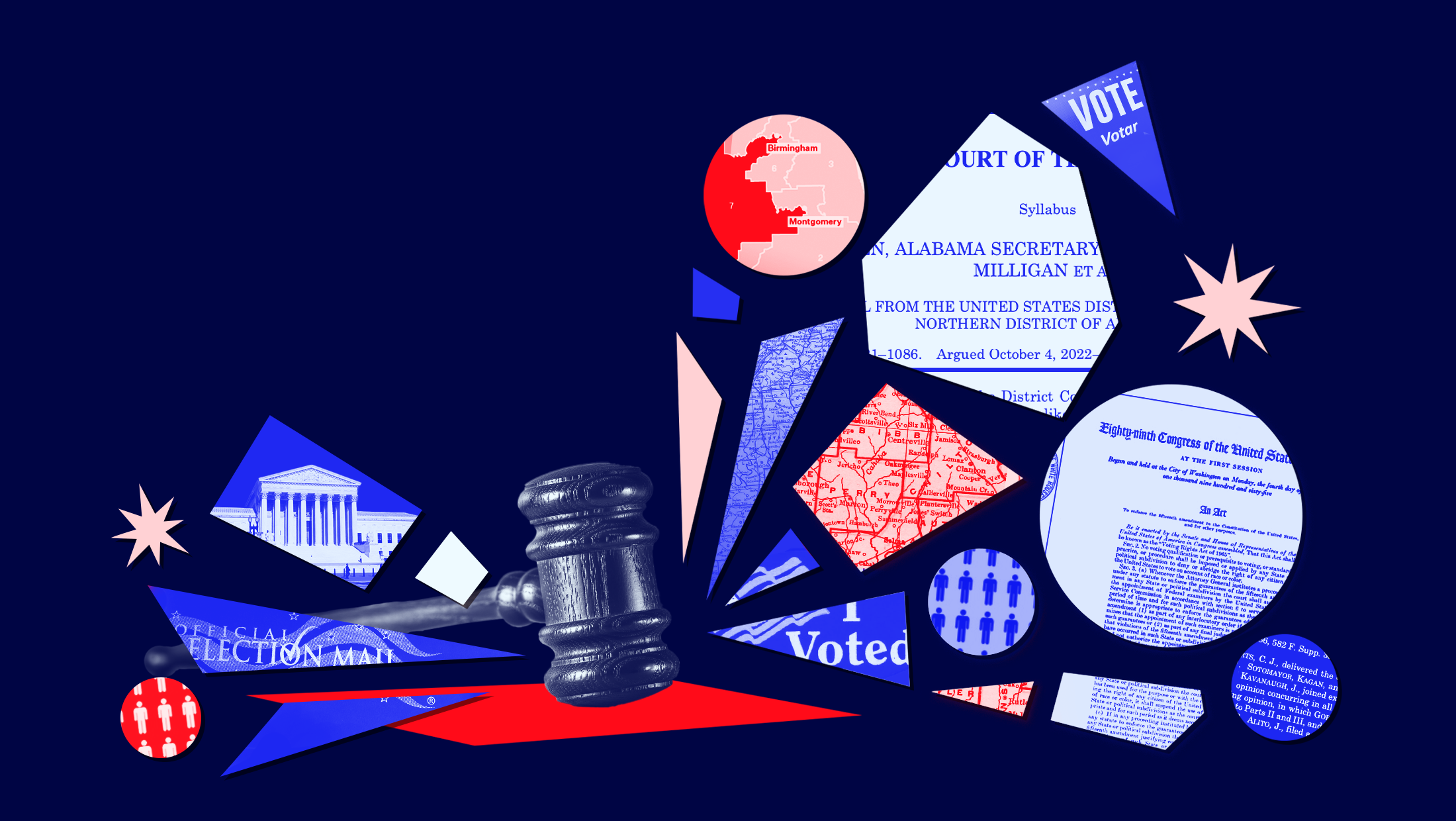
Throughout his time in the governor’s office, he’s been more than willing to restrict voting and indulge conspiratorial thinking about elections.
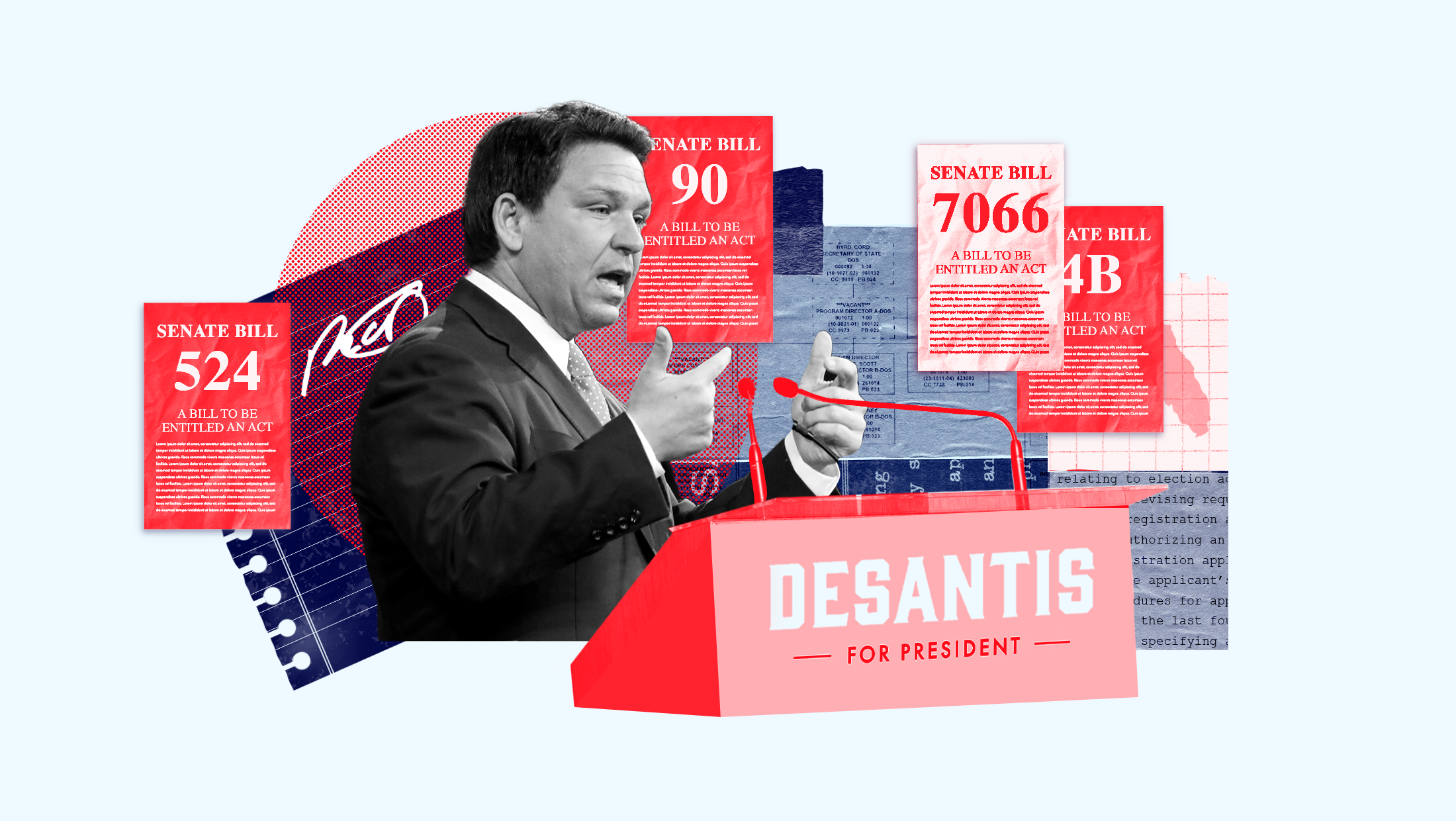
On Monday, May 15, the U.S. Supreme Court announced that it will hear a racial gerrymandering case out of South Carolina next term.
